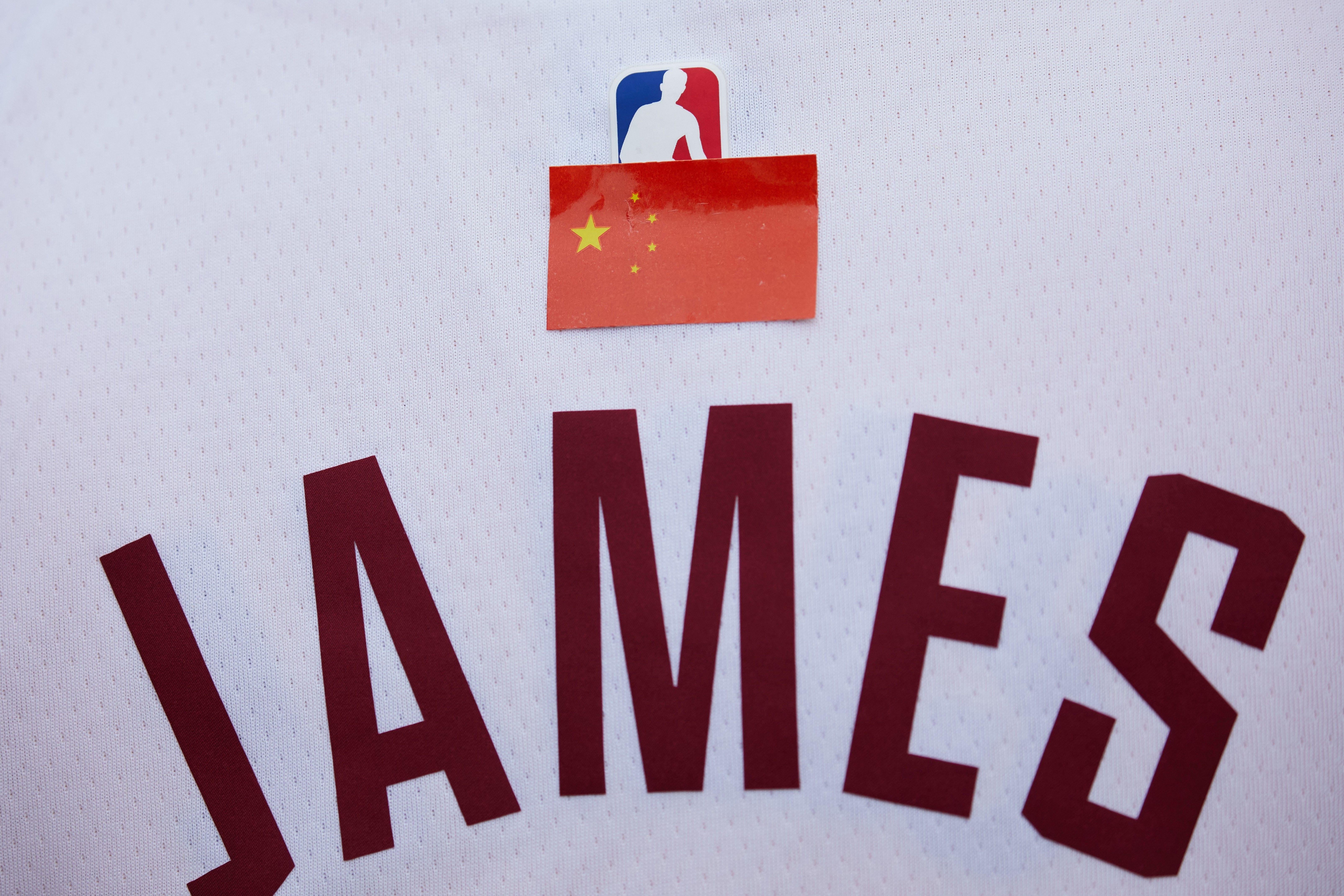LeBron James weighed in on the tweet that led to a bust-up in the middle of the NBA’s preseason courtship of China, labeling the remarks by Houston Rockets’ GM Daryl Morey “misinformed or not really educated on the situation.” Morey tweeted out support for the pro-democracy protesters engaged in months-long demonstrations on the streets of Hong Kong. Morey’s Oct. 4 tweet “Fight For Freedom. Stand With Hong Kong” was quickly deleted, but not before Beijing went berserk, threatening the league and pulling sponsorships. NBA Commissioner Adam Silver bobbled the initial response, bowing to pressure from the Chinese government, but generally recovered to find a tolerable—if not laudable—middle ground to keep the NBA train on the track in China.
The league has certainly not covered itself in glory in its handling of the blowback over the Morey tweet and, in the process, reminded fans across the U.S. that the NBA is, at its core, still a profit-seeking international organization serving multiple constituencies of which the most important one is money. China’s extreme response to a general manager of an American basketball team—albeit a very popular one in China because of Yao Ming’s career with the Rockets—shows how sensitive the country is to criticism of its most unflattering tendencies. Beijing’s response basically sent the league into silent mode, locking down its normally outspoken stars on all fronts, which was, of course, also the point.
Just when the NBA thought the controversy had cleared, LeBron James sauntered into the maelstrom sounding very much like the Chinese government himself. “I don’t want to get into a … feud with Daryl Morey, but I believe he wasn’t educated on the situation at hand, and he spoke,” James said before a preseason game at Staples Center. “And so many people could have been harmed, not only financially but physically, emotionally, spiritually. So just be careful what we tweet and we say, and what we do, even though, yes, we do have freedom of speech, but there can be a lot of negative that comes with that, too.”
The larger—not all that interesting—point that James appears to be trying to make is that things you say on Twitter can have real world consequences and that Morey likely didn’t anticipate that his political statement would resonate like it did. The last part seems almost certain to be true. What James actually said, however, was that Morey didn’t get it, as in the situation he was commenting on. This was the same approach taken by Brooklyn Nets owner Joe Tsai, who made his fortune as a co-founder of the Chinese e-commerce giant Alibaba: You don’t get it.
“I believe he was either misinformed or not really educated on the situation, and if he was, then so be it,” James said. “I have no idea, but that’s just my belief. Because when you say things or do things, if you’re doing it and you know the people that can be affected by it and the families and individuals and everyone that can be affected by it, sometimes things can be changed as well. And also sometimes social media is not always the proper way to go about things as well, but that’s just my belief.”
James took to Twitter later to try to clarify, circumscribing his remarks to the reaction to, not “the substance” of, Morey’s statement.
“I think when we talk about the political side, it was a very delicate situation, a very sensitive situation,” James said. “And for me personally, you guys know that when I speak about something, I speak about something I’m very knowledgeable about, something I’m very passionate about. I feel like with this particular situation, it was something not only I was not informed enough about … I just felt like it was something that not only myself or my teammates or my organization had enough information to even talk about it at that point in time, and we still feel the same way.”
